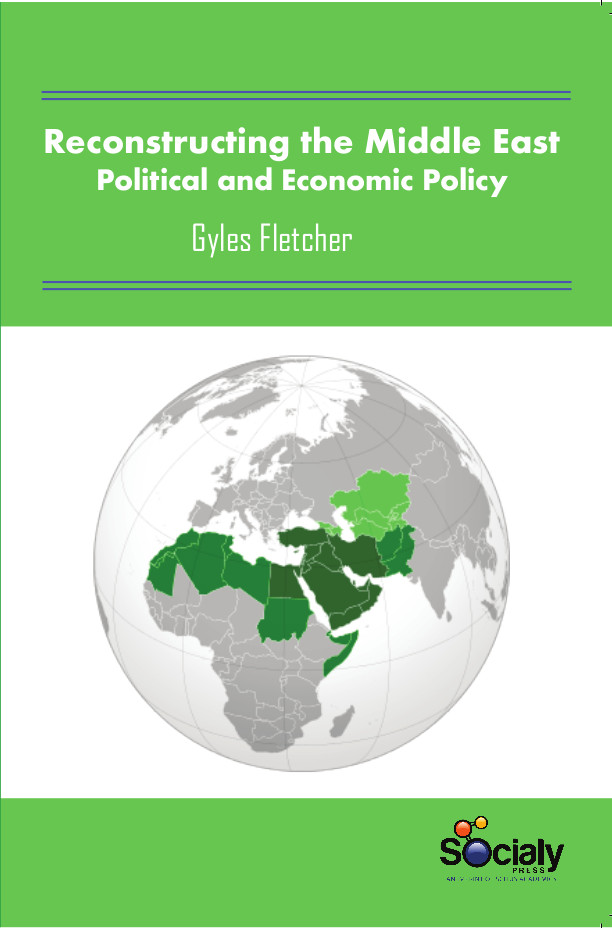Political economy studies the relationships between individuals and society and between markets and the state, using a diverse set of tools and methods drawn largely from economics, political science, and sociology. Political economy emerged as a distinct field of study in the mid-18th century. From the mid-1990s, the field has expanded, in part aided by new cross-national data sets that allow tests of hypotheses on comparative economic systems and institutions. In the large and growing literature on economic reform in the Middle East and North Africa, social policy has often taken a back seat. It is treated as a residual, or an afterthought to economic reform, in the shape of safety nets or safeguards to reintegrate marginalized groups dislocated by the reform process. Given the vast energy resources that form the backbone of western economies, influence and involvement in the Middle East has been of paramount importance for the former and current imperial and super powers, including France, Britain, USA and the former Soviet Union.
Reconstructing the Middle East: Political and Economic Policy provides political and economic perspectives on social policy and its evolution in the Middle East and North Africa. The compilation offers unique historical and comparative data, as well as a gender analysis of social policy, that will be of relevance to specialists in social policy, development and the Middle East. The framework also provides immediate insights into emerging problems and offers policy guidance that, if heeded, could avoid countless failures and the loss of goodwill throughout the region.
The aim of this compendium is to analyse and explain the dynamics of political economy in the contemporary Middle East. There is a focus on how political actors and social forces influence, and in turn are influenced, by political economy structures and development strategies. Specifically, the effects of state institutions, international actors, social classes, and new groups such as private sector businesspeople are assessed, and their roles considered in the context of political economy theoretical approaches. Case studies focus on recent trends in the region; the processes and outcomes of economic reform; the impacts of globalisation and foreign penetration of the region; and the ways in which new industries and technologies are shaping the political economies of the region.













